It’s been a few years since I visited the holiest of holies, the biblical land dating to the origins of humankind. And, I’m still confused. I’m also just as inspired by the notion of Israel as I was before I visited.
The Holy Land makes for fascinating travel; to some, it’s the trip of a lifetime. However, once you open your eyes, look around and dig a little, confusion sets in. With variable truths and manipulated narratives of history, getting a sense of it takes time.
Ask an Israeli, and the sliver of land between Jordan and the Mediterranean is all Israel. Ask some Palestinians, and it’s all Palestine. For me, and many other travellers, it’s a bit of both.
There are definitely things to know before visiting Israel. Here are a few points (and truths) to consider before you plan your trip to the controversial country dating (originally) to 1467 BCE.
It’s Tiny
When I told friends “I’m spending six weeks in Israel,” they looked at me quizzically and queried my sanity. “It’s tiny.”
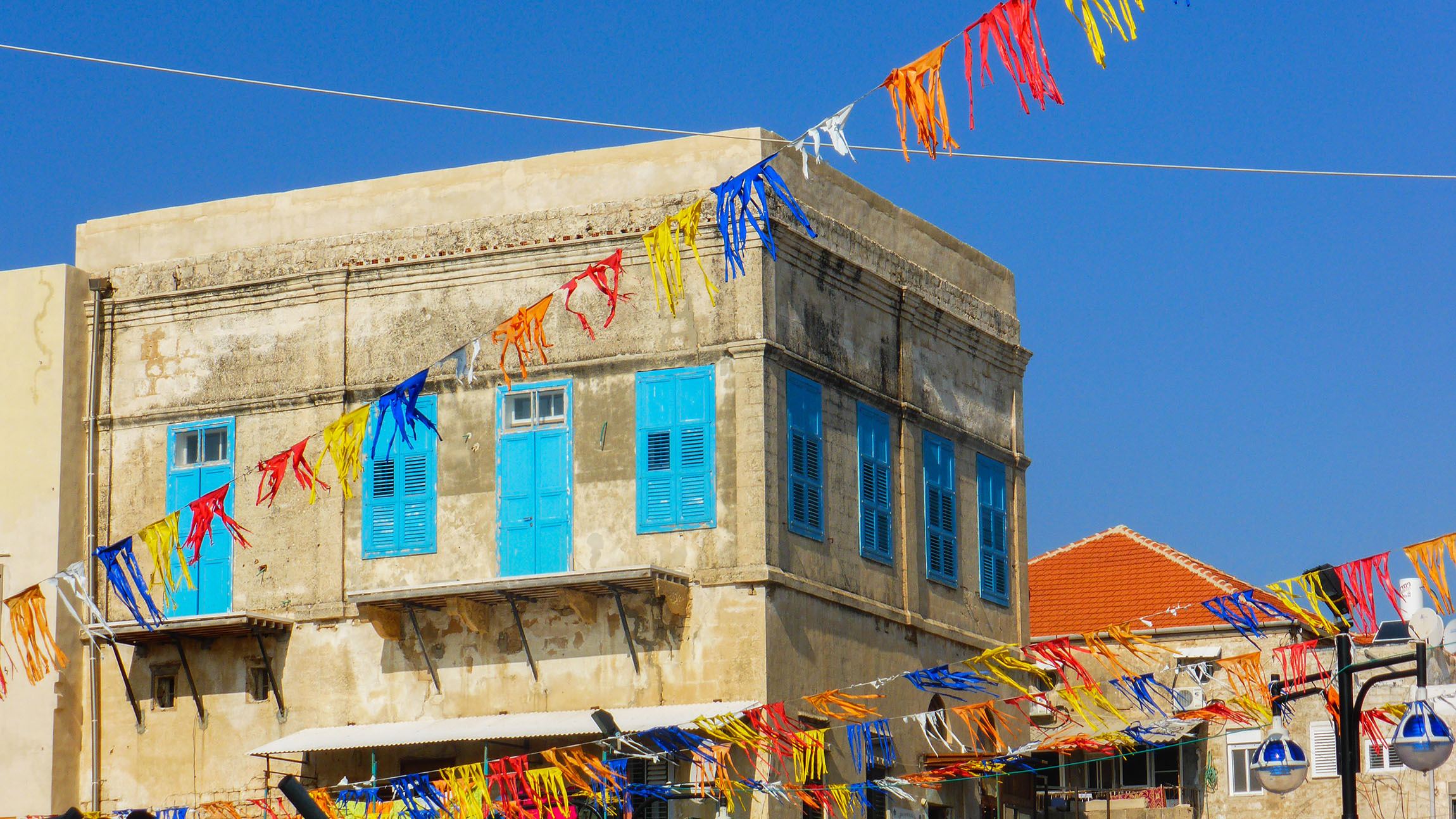
In all fairness, you can drive from border to border in less than a day, starting at the rolling waves of the Mediterranean, passing the snowfields in the north and ending up somewhere in the desert near the south later in the day. It’s immensely diverse, for such a small expanse of land, but time is required to absorb, process and comprehend.
Israel is Complicated
There exists a religious-cum-political battle that’s erupted mostly in the last century, with roots linked to biblical times. Many assume it’s simply a conflict between Jews and Arabs, others suggest Muslims and Jews. Perhaps it’s a bit of both, or neither. Distinction between political, cultural and religious identities removes a layer of confusion, but certainly doesn’t help pinning the blame.
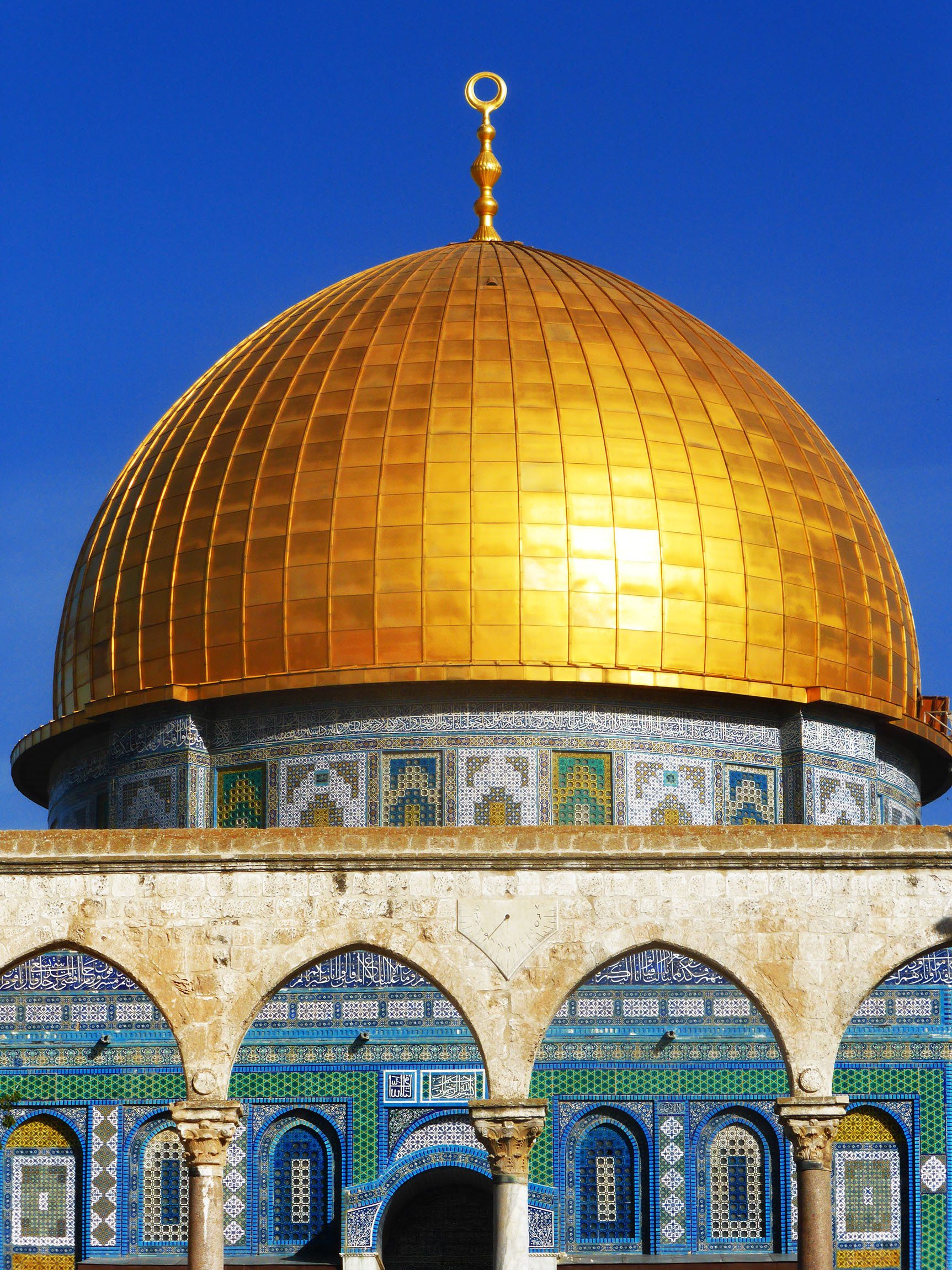
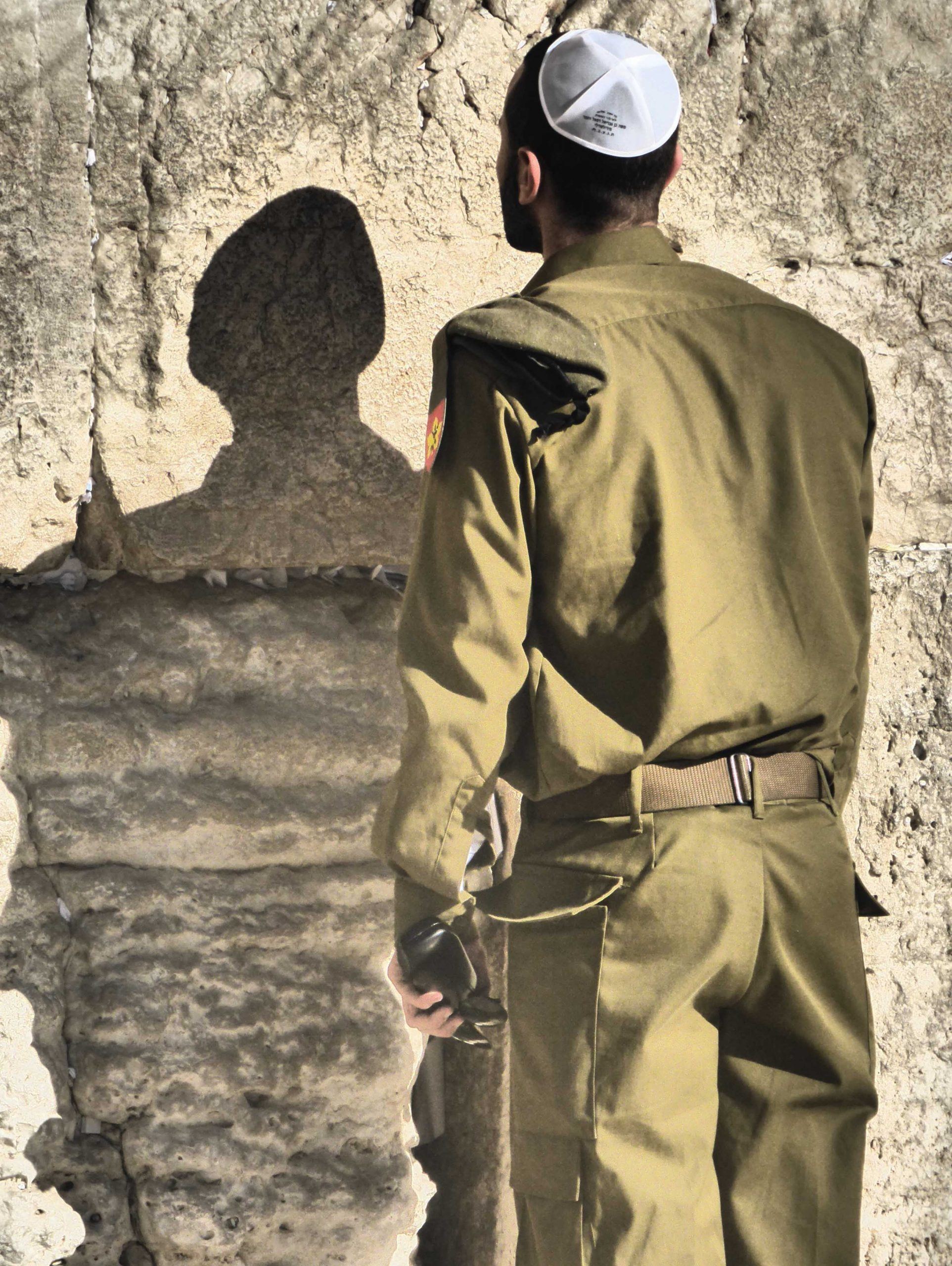
The majority of Israelis (a political title) are Jewish (which can be a cultural or religious title, or both). I met a few Jews (by culture, not orthodoxy) who disapproved of Israel’s political behaviour towards Palestine and Palestinians (a political title). The Israelis were proud of the ethnic diversity inherent to their motherland. Contrarily, I met Palestinians who didn’t blame Jews (a religious and cultural title) for their personal predicaments.
Is it solely governments, then, who are to blame for the conflict? You be the judge and jury.
In terms of religion, Palestinians are mostly Muslim, but alternative religious minority groups do exist. Many Jews conform to Judaism. If you, yes you, can prove through rules of birth, ancestry or conversion to the religion that you are Jewish through a complicated set of rules, then Israeli citizenship will be granted.
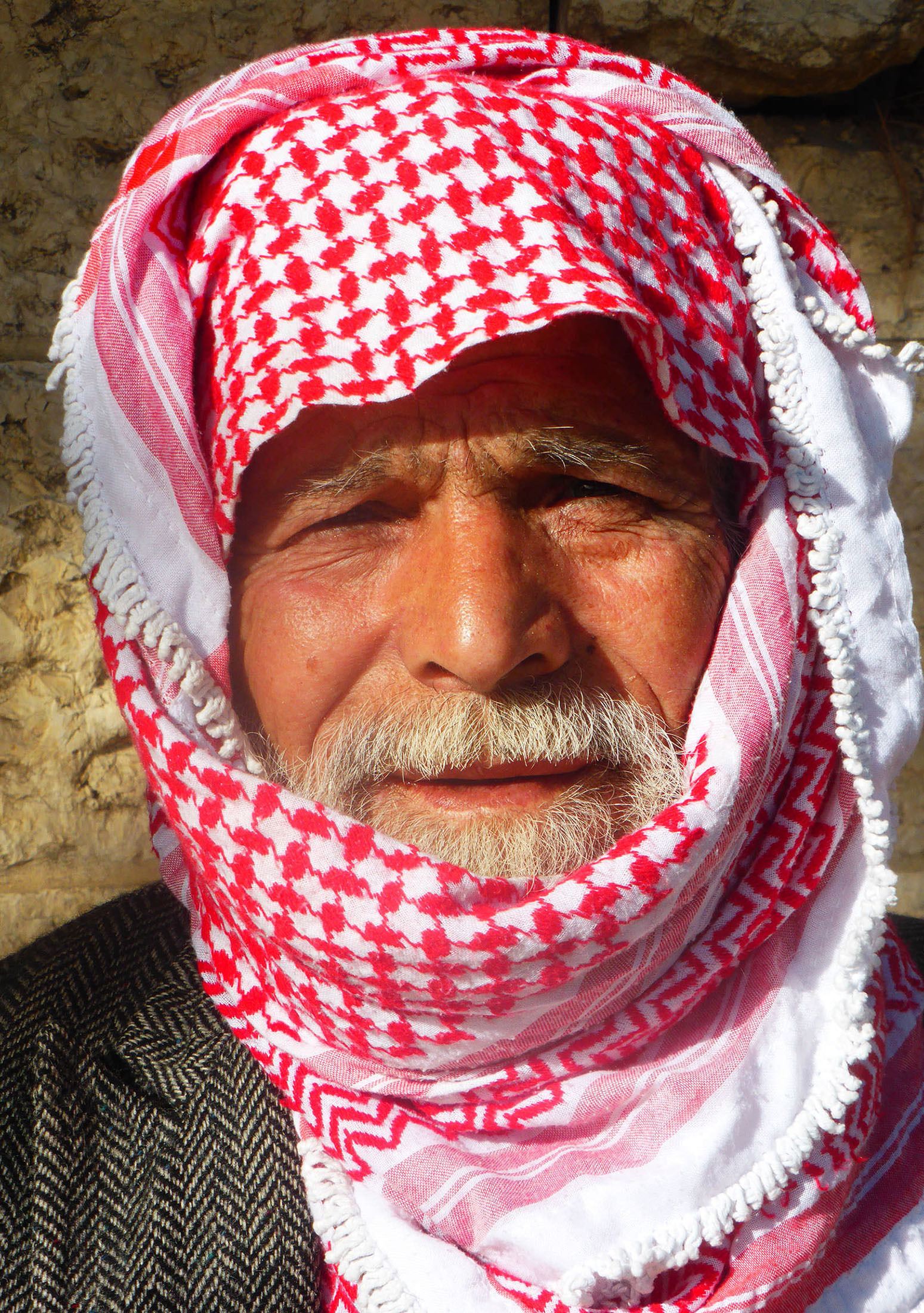

Did I mention it was complicated?
There is a Barrier
Take the bus from Jerusalem to Palestinian Bethlehem – the birthplace of Jesus – and astonishment materialises: there is a physical barrier dividing the nations. It’s eight metres high, made of concrete barricades, patrolled by guards in watchtowers, replete with gates and topped by barbed wire.
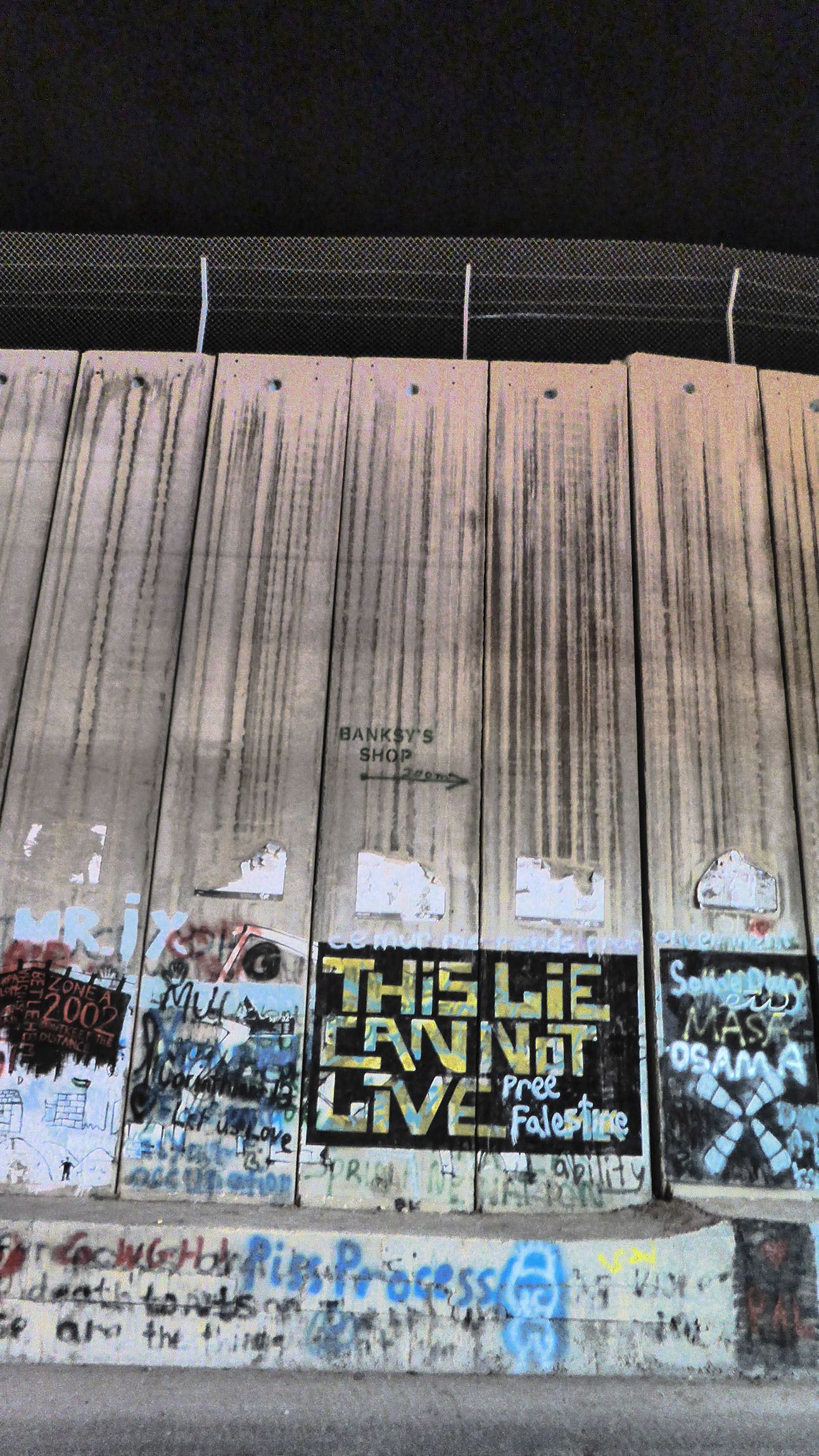
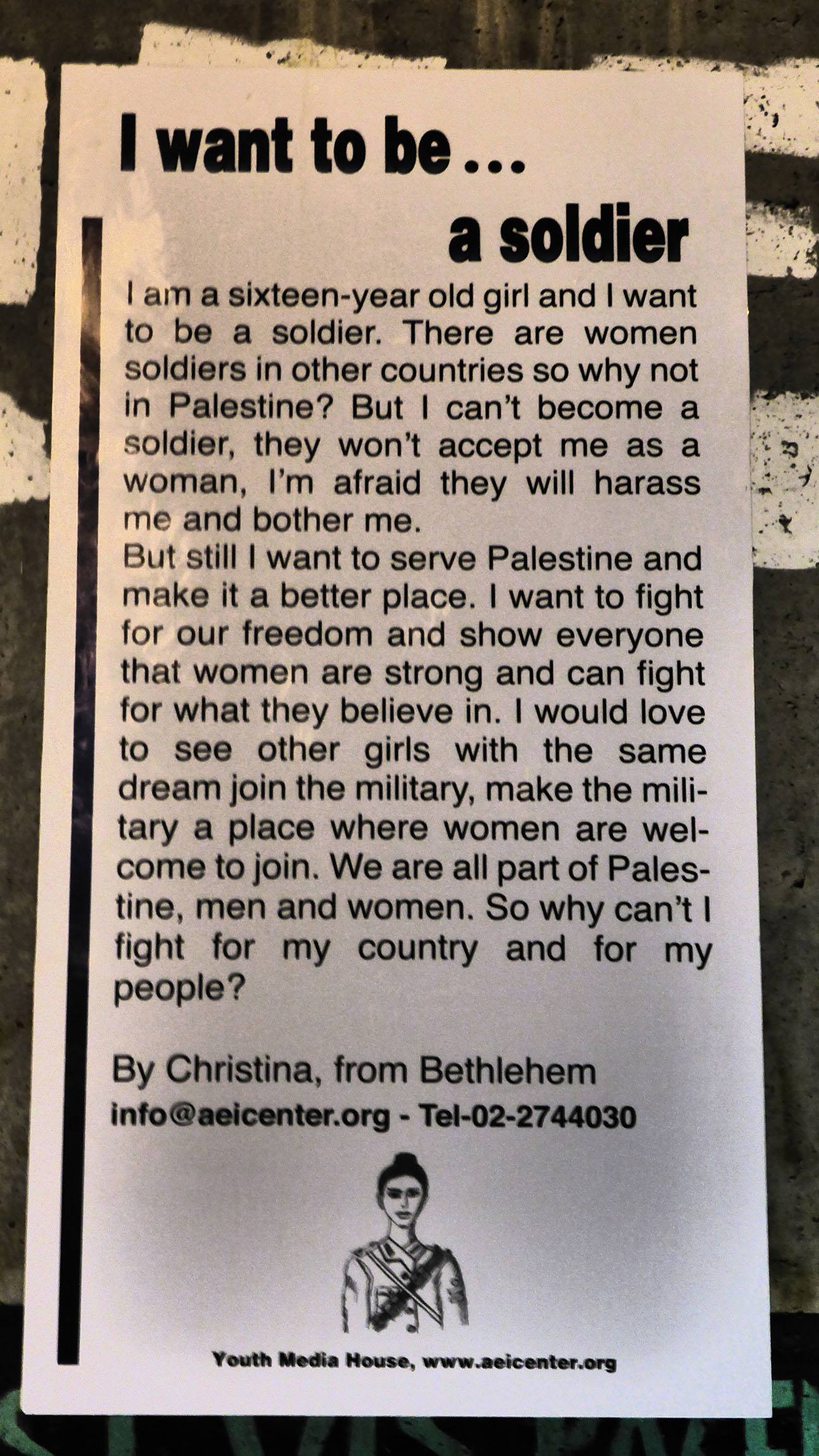
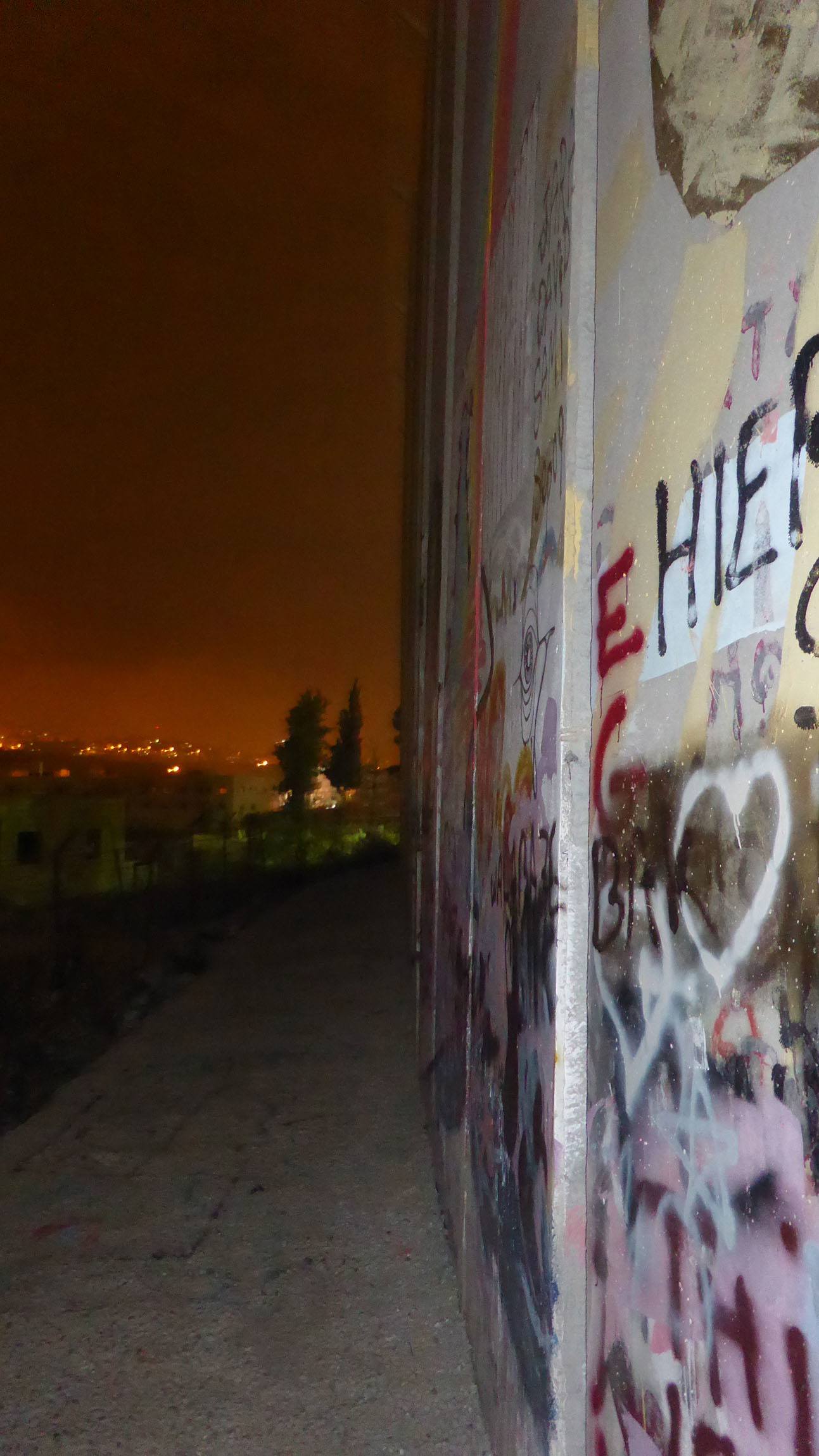
It was here I first came to realise the gravity of the political predicament between Israel and Palestine. The monstrosity was built to evade suicide bomb attacks directed at Israel by the West Bank (aka Palestine). It has, ‘inadvertently’, kept Palestinians from roaming freely between the two nations.
Despite contravening international law (having been built, not on the boundary, but within Palestinian territory), it’s not going anywhere.
It was insightful, to say the least.
It's (Very) Expensive
As a backpacker, budget is paramount. Stretch it beyond the daily total, and you may as well pack your bags, head hanging low, and go home. Sadly, stretching it quite a bit beyond the daily limit is requisite to visiting Israel.
There are hostels, and market food is available, but generally – particularly in Tel Aviv and Jerusalem – prices are high, even for basic commodities.
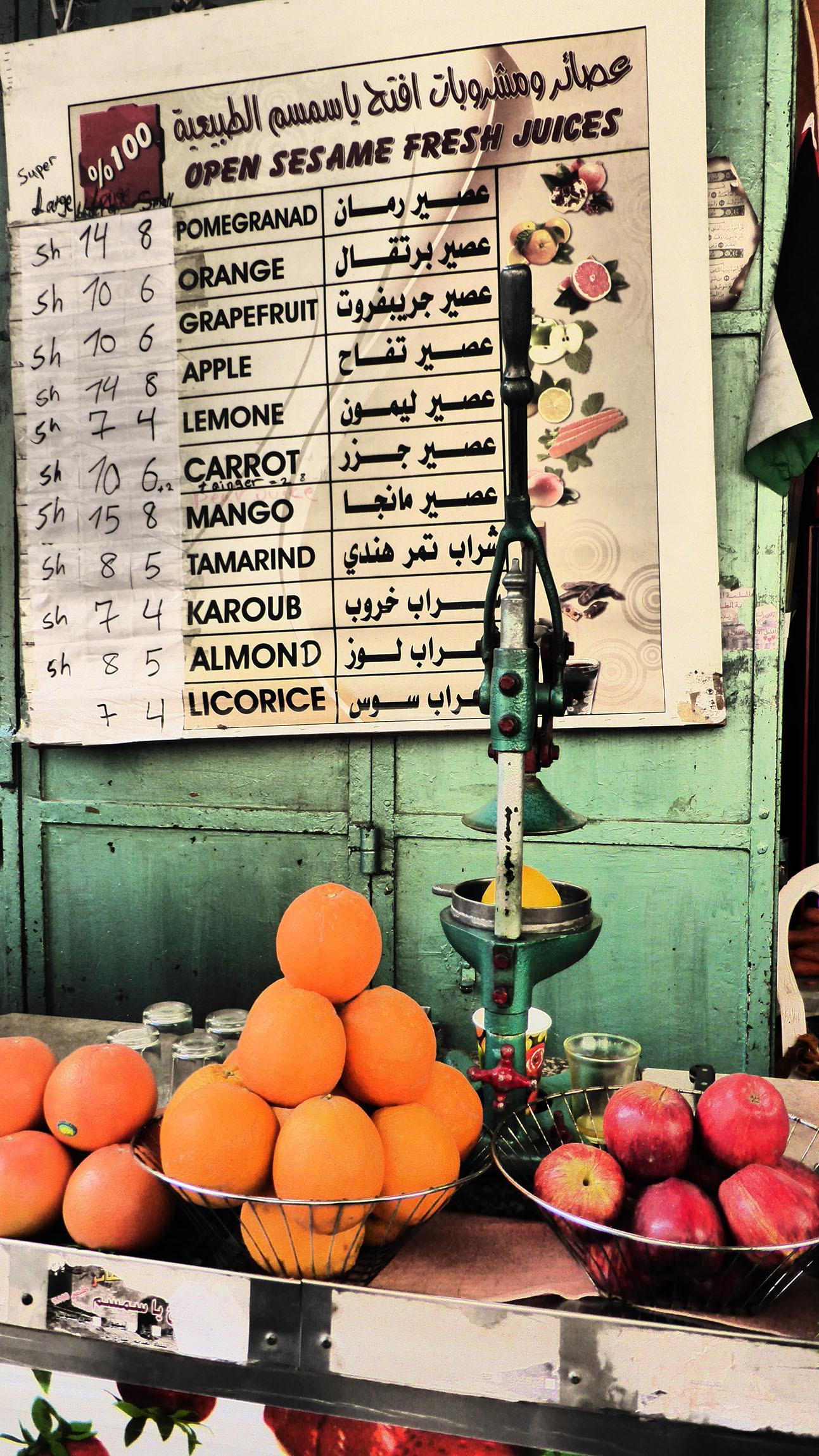
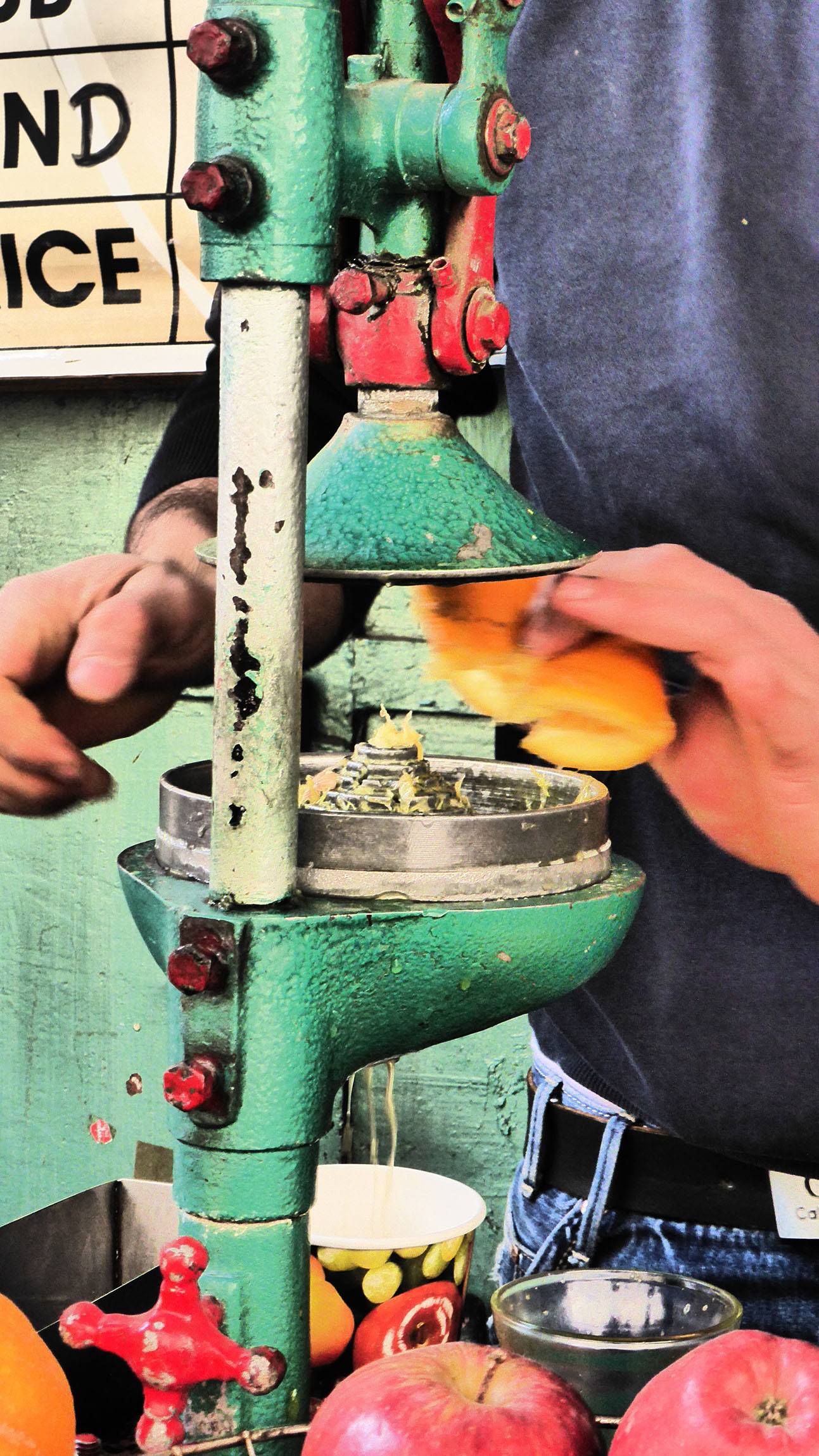
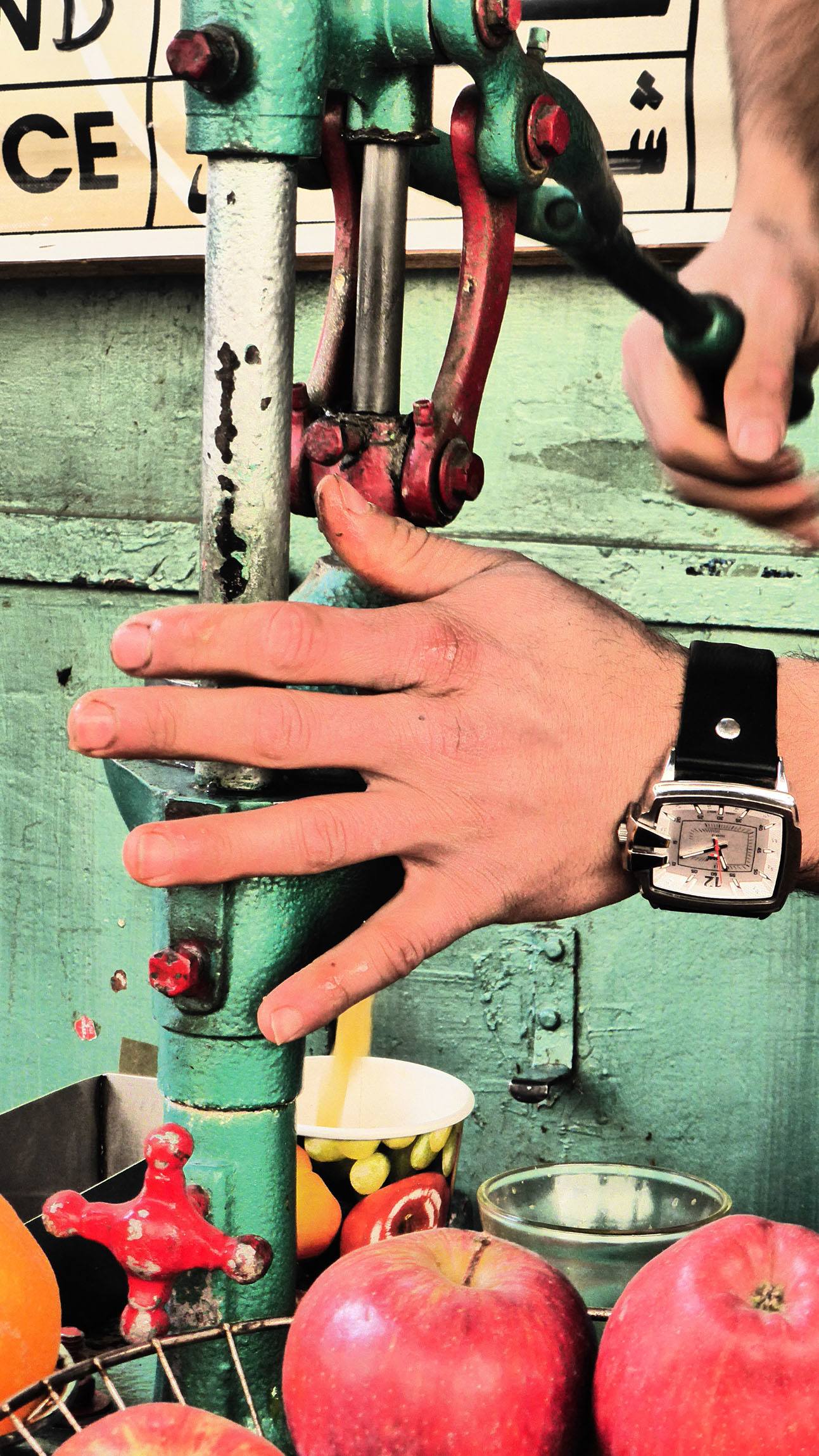
Getting around the country, albeit small, also burns a big hole in wallets. Living on felafel and hummus-loaded wraps day in day out, as delicious as they were, grew old after week four.
Be prepared to spend more than in Jordan, for example, and you shouldn’t run into money trouble, particularly if hitch hiking, hostelling and couch surfing form part of the program.
It’s also (mostly) Safe
Do you remember the part about the wall, built between the two nations? Add to this picture streets patrolled by older adolescents wielding M16 rifles and one of the strongest defence forces in the world, then yeah, you could construe Israel as a safe country. I guess it depends on your perception; safety is, after all, subjective and variable in times of volatility.
There are rockets, there are suicide bombings, and Israel isn’t exactly the world’s best friend.
Given the continual threats both implied and exerted against the country, it’s no wonder, then, all school leavers are recruited to mandatory military service.
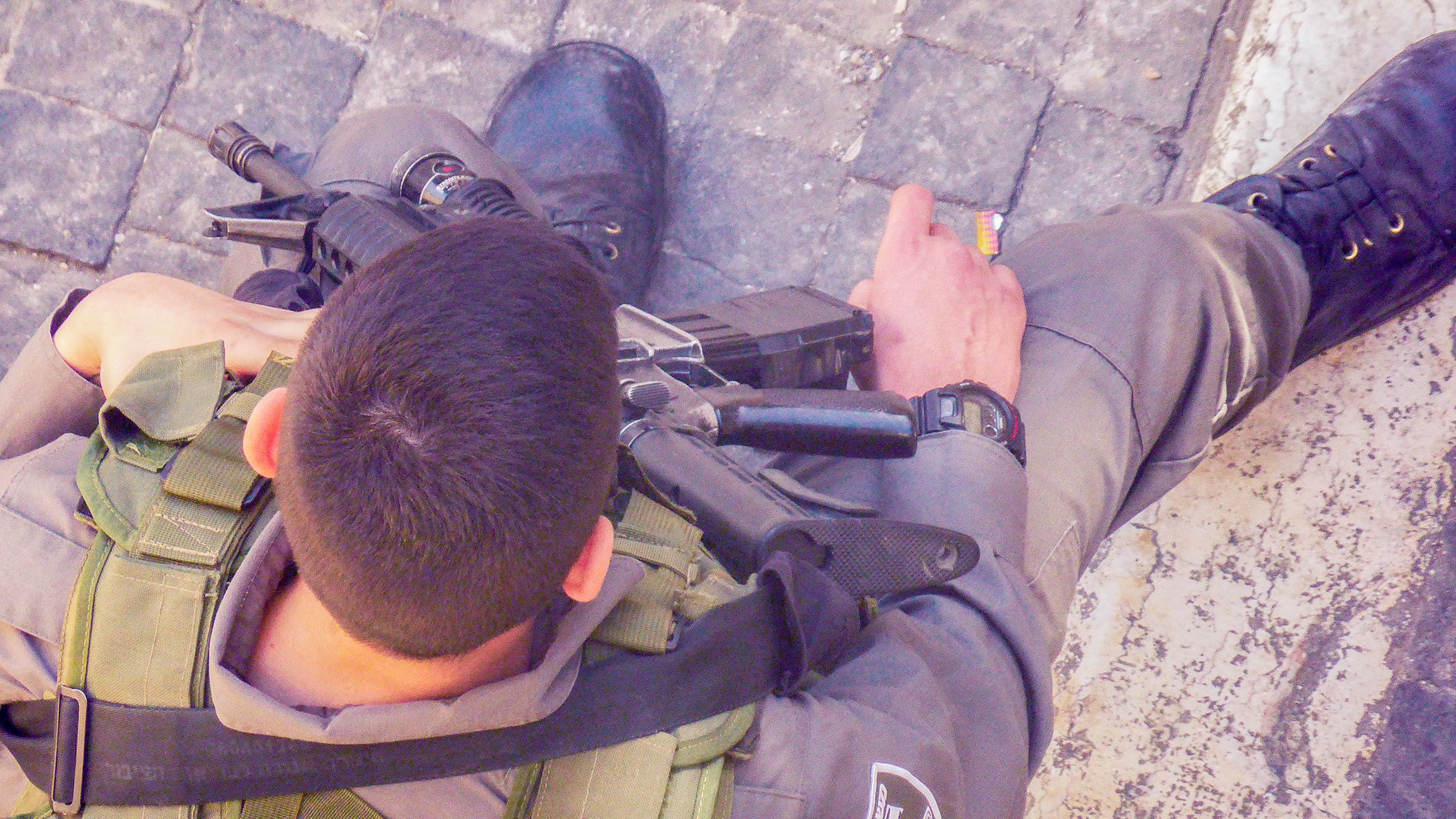
However, contrary to travel advice issued globally by respective government organisations (Australia’s being Smart Traveller), I never felt unsafe while visiting. Most corners of the country, particularly the pockets away from hostile borders, felt tranquil and serene, a world away from the image of conflict perpetually propagated by the Western media. In fact, once I jumped through the hideous, uh hum rigorous immigration hurdles, I realised I was perhaps safer than I’d ever been before.
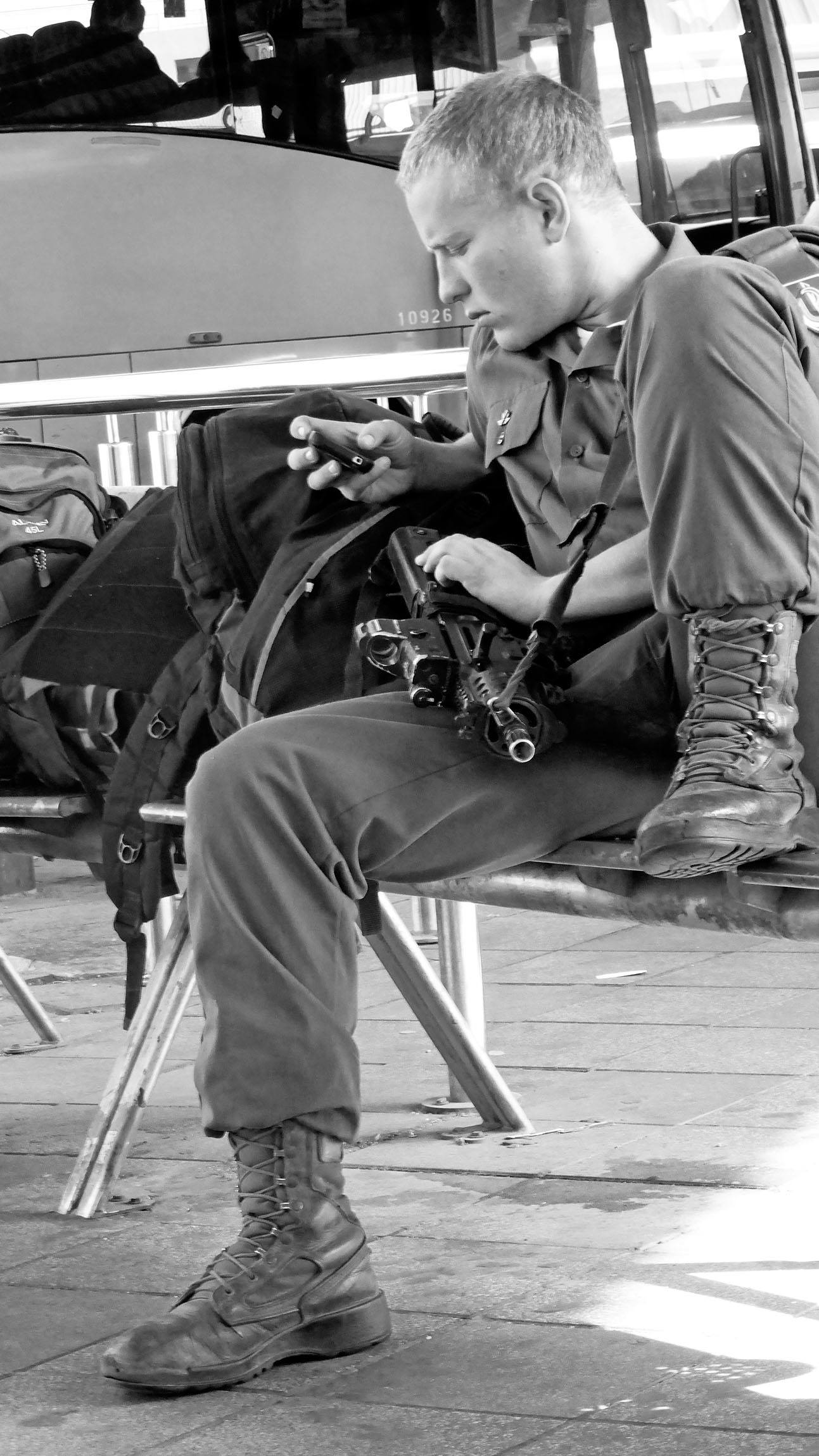
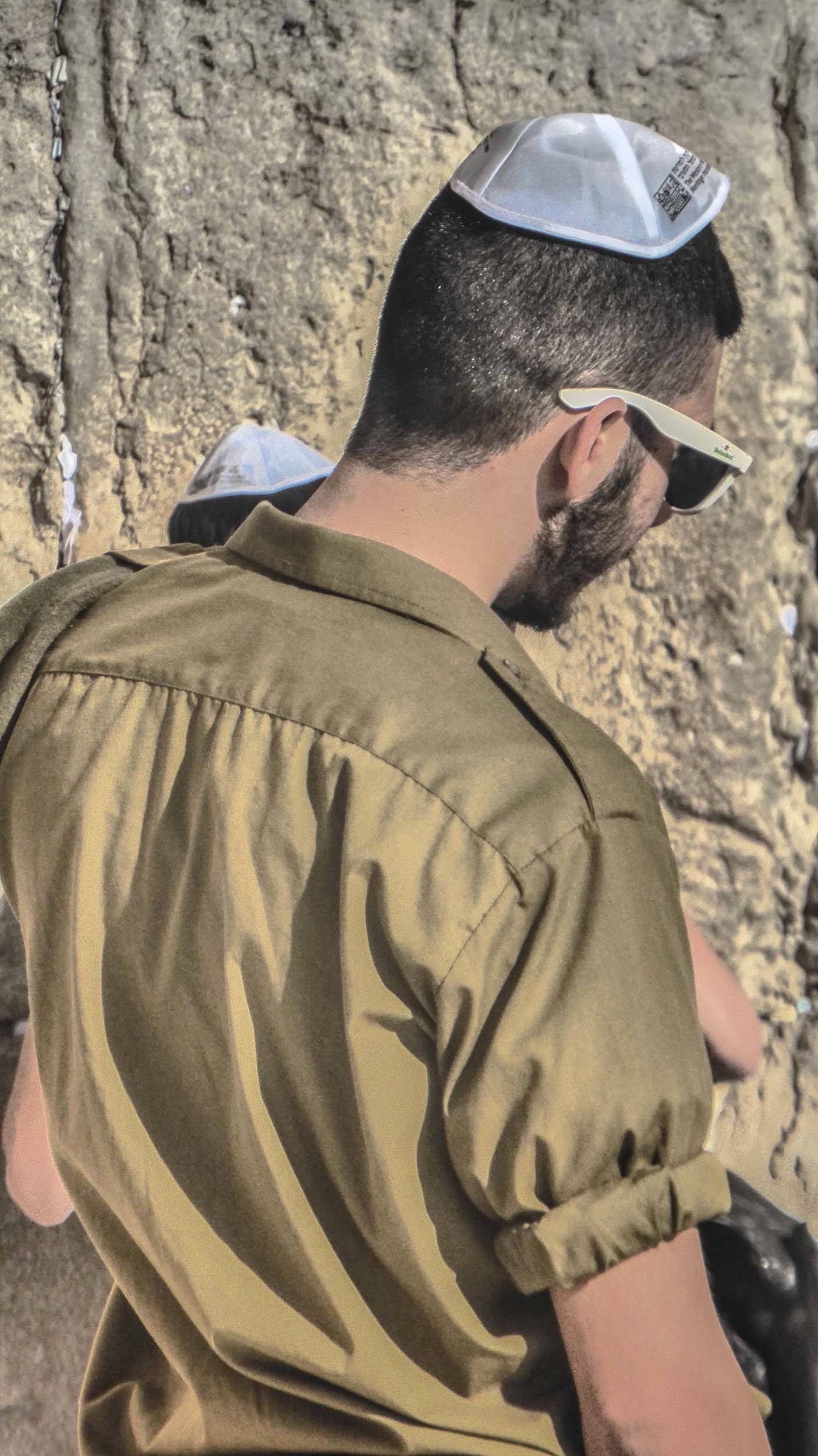
Could Israel be the most internally protected nation on earth? See for yourselves.
Its Capital is the Holiest of Holies
A visit to the capital, particularly the Old City of Jerusalem, is unforgettable. Walking Jerusalem’s streets is living history. Encircled by walls built in 1538, there’s no escaping it.
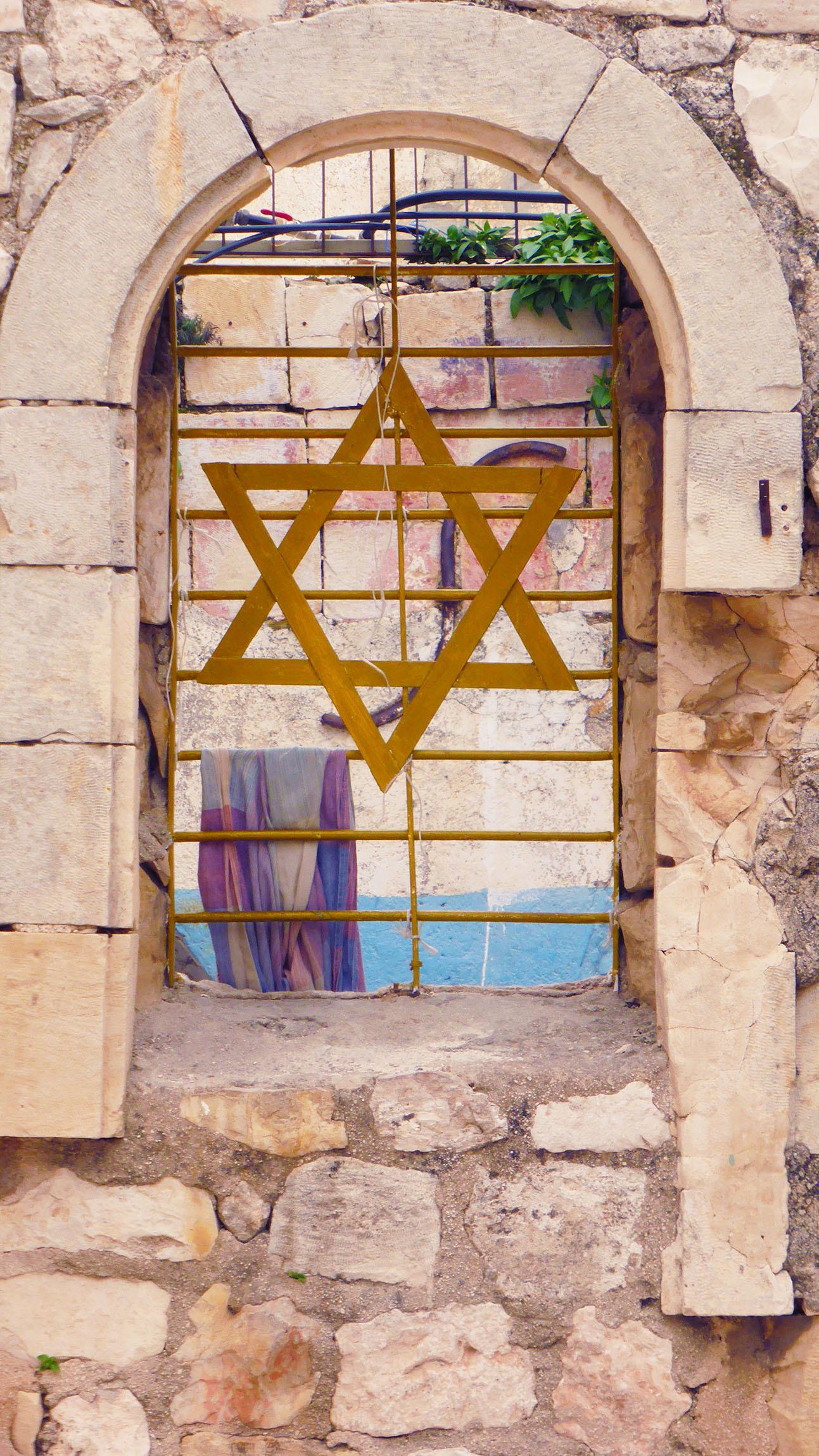
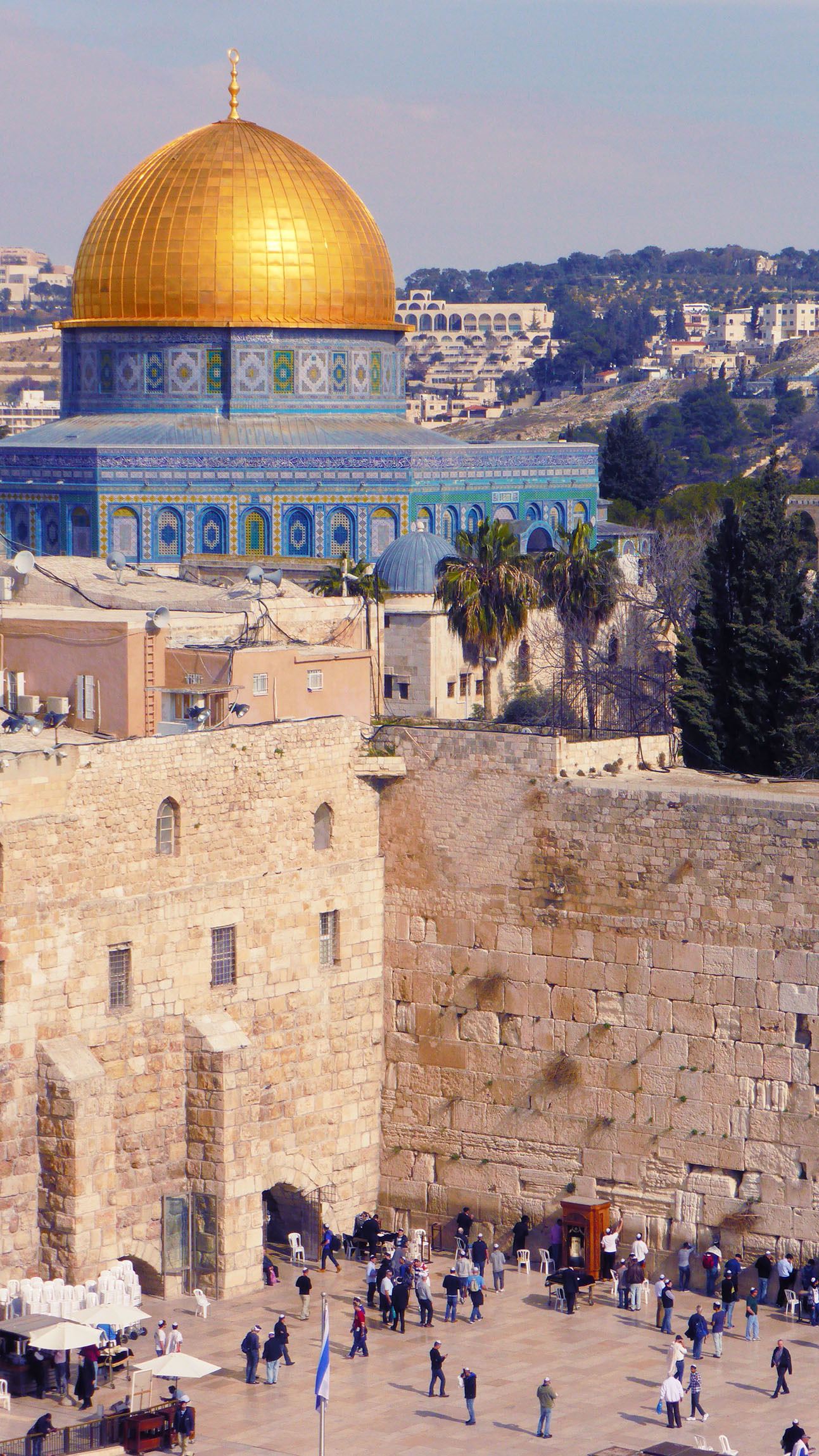
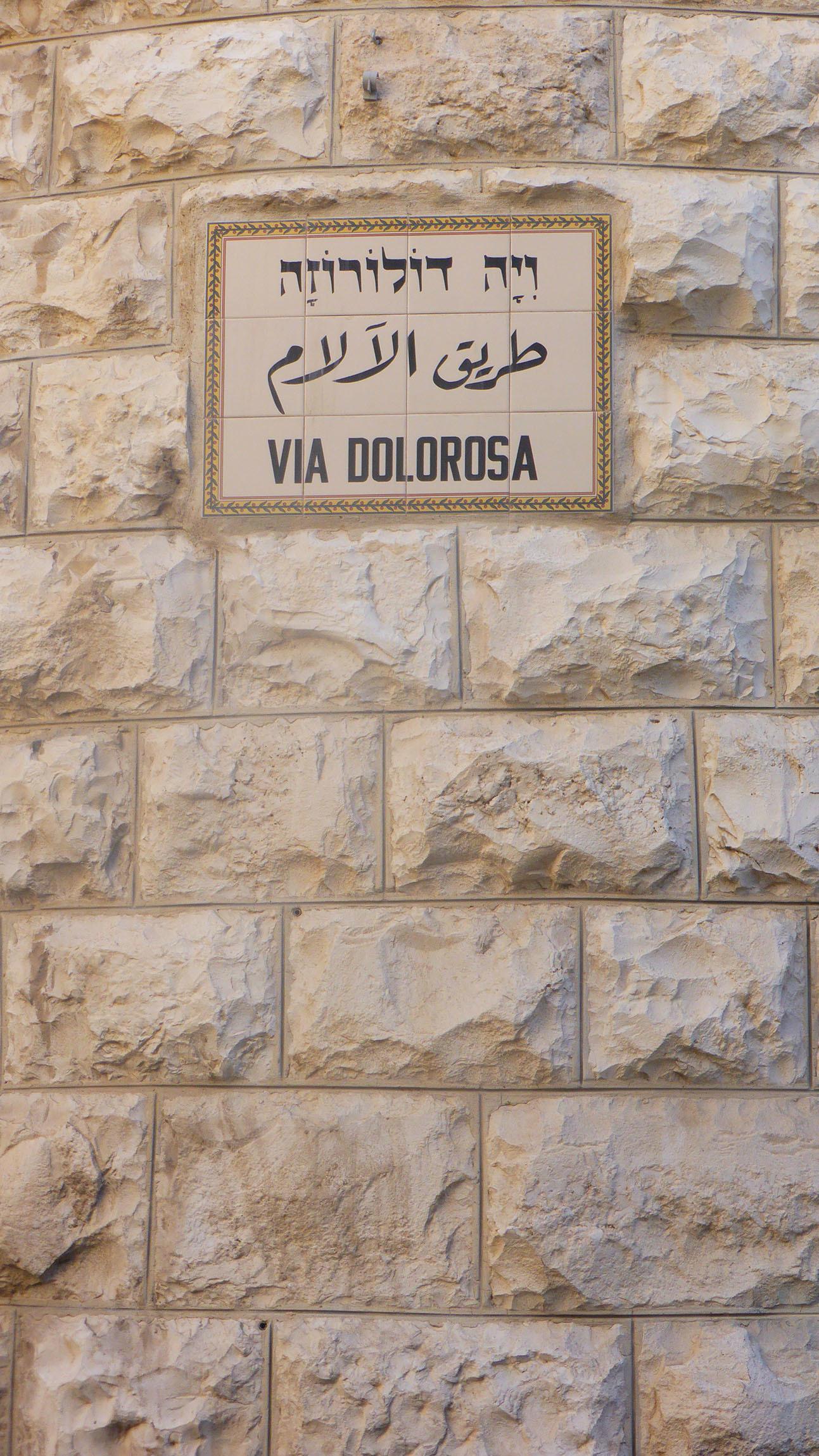
Within one-kilometre square, there’s the Via Dolorosa – walked by Jesus – en route to his death on a torture stake, apparently at the site of the Holy Sepulchre. Step to the side and Jews can be found praying at the Western Wall, a remnant of the Temple desecrated by Roman armies, the site of King Solomon’s original temple, and the purported place where Prophet Muhammad tied his winged horse.
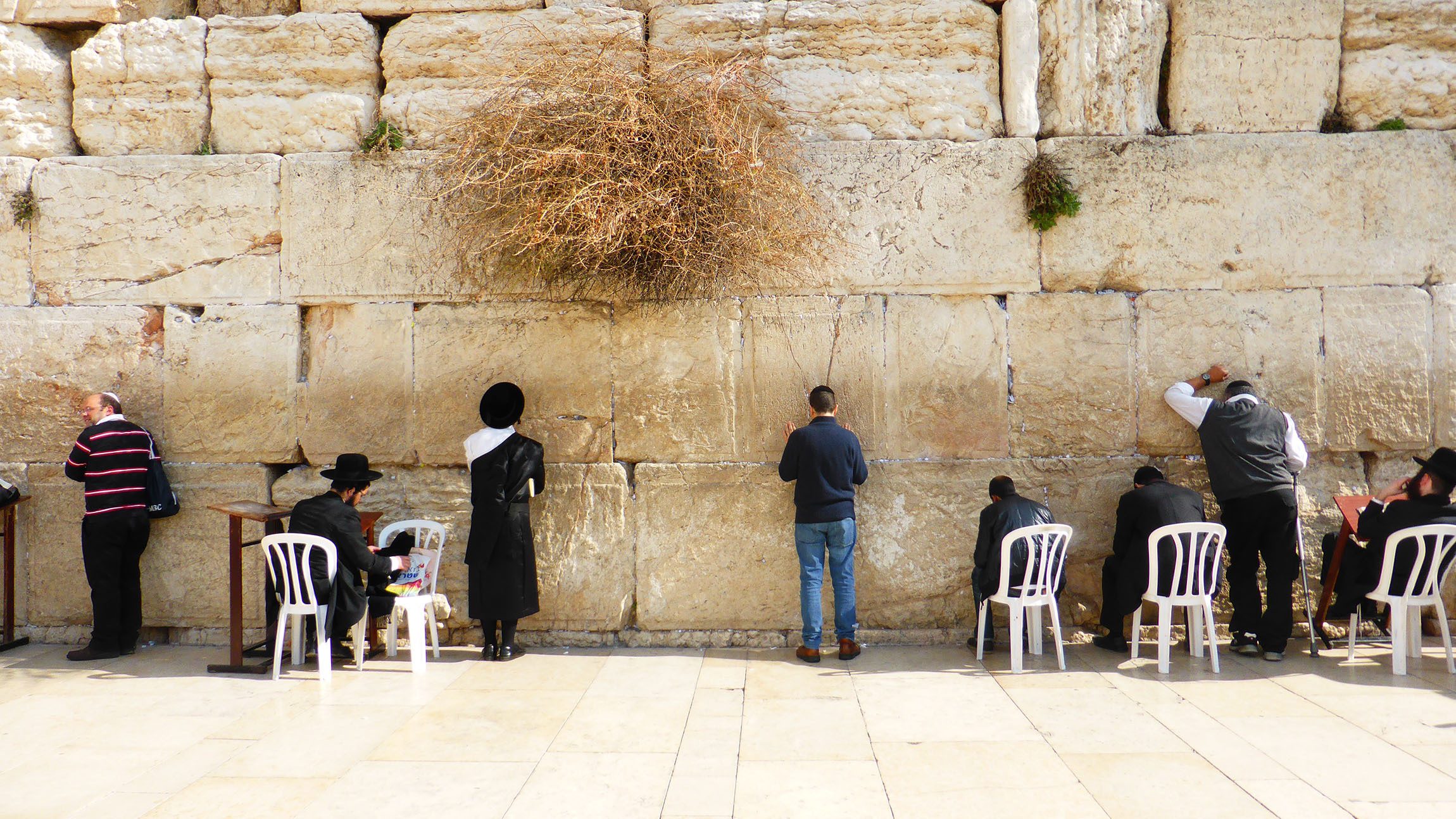
Close by, Al-aqsa mosque and the golden Dome of the Rock stand side by side, a place considered holy by Muslims, Jews and Christians, famous also as Temple Mount, where Abraham was prepared to sacrifice his son, Isaac.
Walk a little outside Jerusalem’s Old City, amble through the Mount of Olives, and the levels of religious significance continue: it’s here that David fled from Absalom, and Jesus spent the final hours of his earthly life with his apostles.
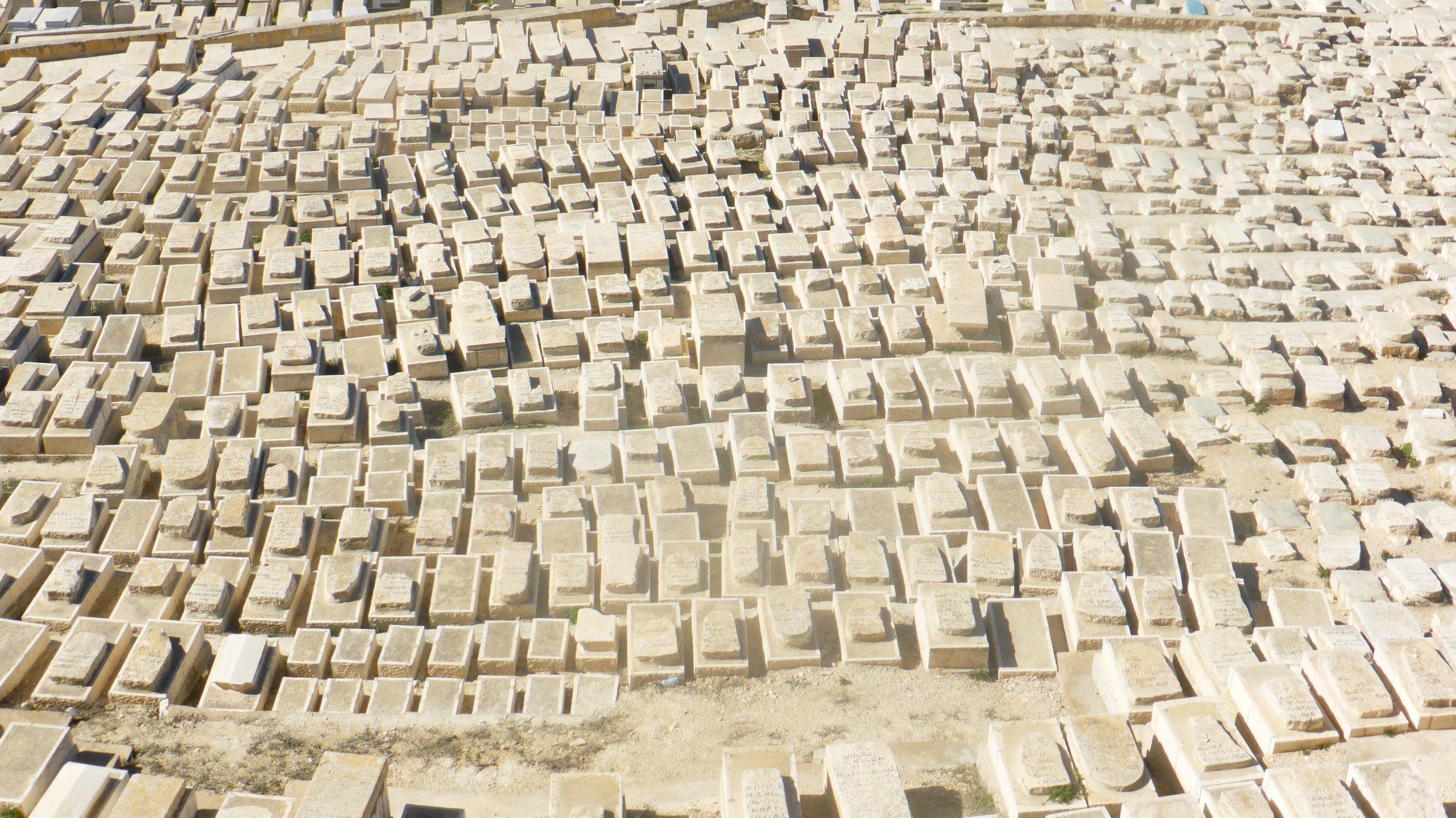
It’s heavy, isn’t it?
Interestingly, I walked through, along and around these sites and, although endearing, snapped a modern portrait of old Jerusalem: souks overflowed, littering narrow alleyways with paraphernalia, while children kicked footballs and people wandered by, going about daily life.
Jerusalem Owns a Syndrome
Given the immense historical and ecclesiastical legacy of Jerusalem, the name alone inducing a fleeting moment of nostalgia, it makes sense a visit to the holy city can be overwhelming.
A nursing student at the time, curious was I to learn approximately 100 tourists every year acquire Jerusalem Syndrome, a condition with psychiatric implications linked to the city’s intense atmosphere.
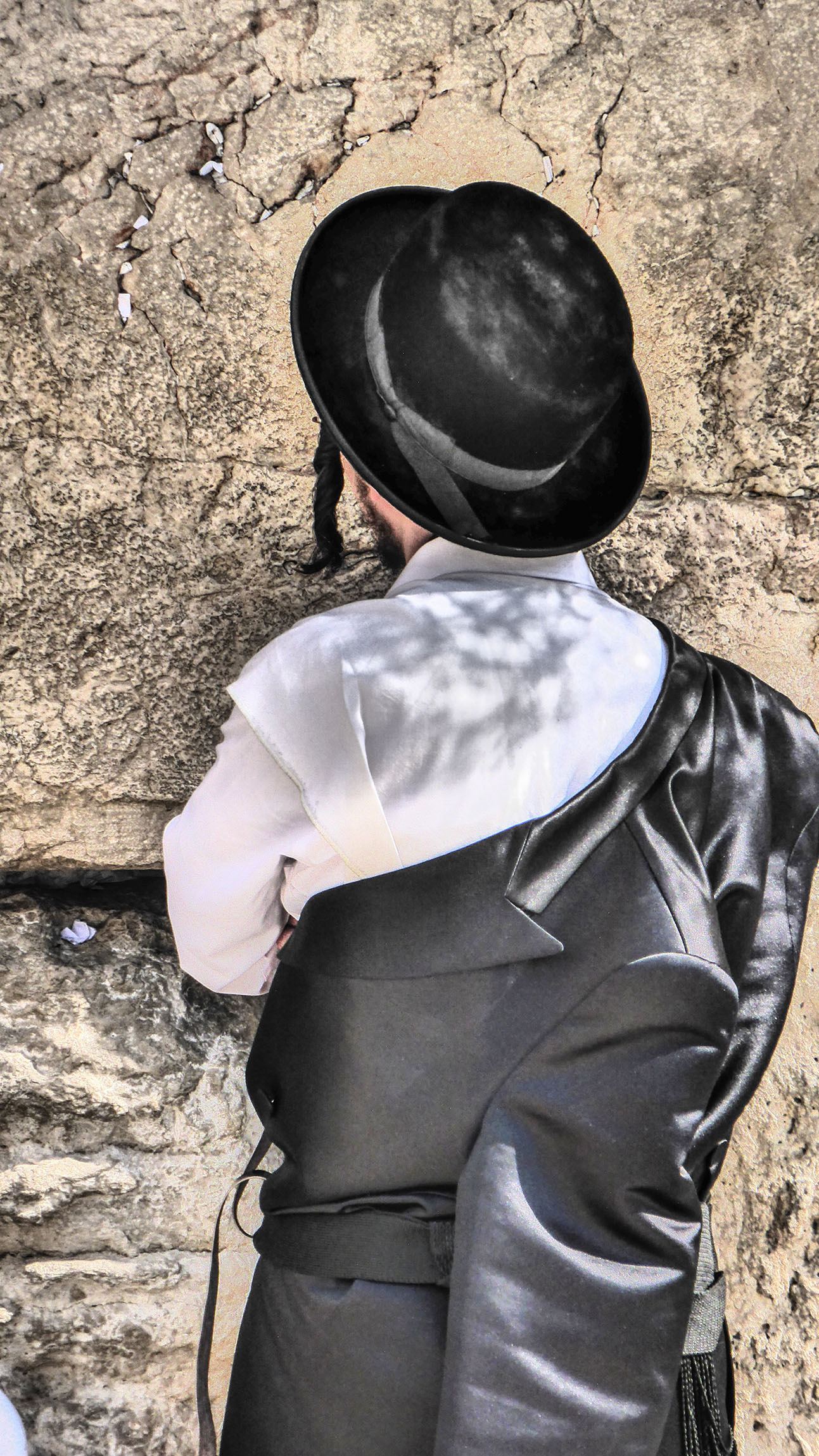
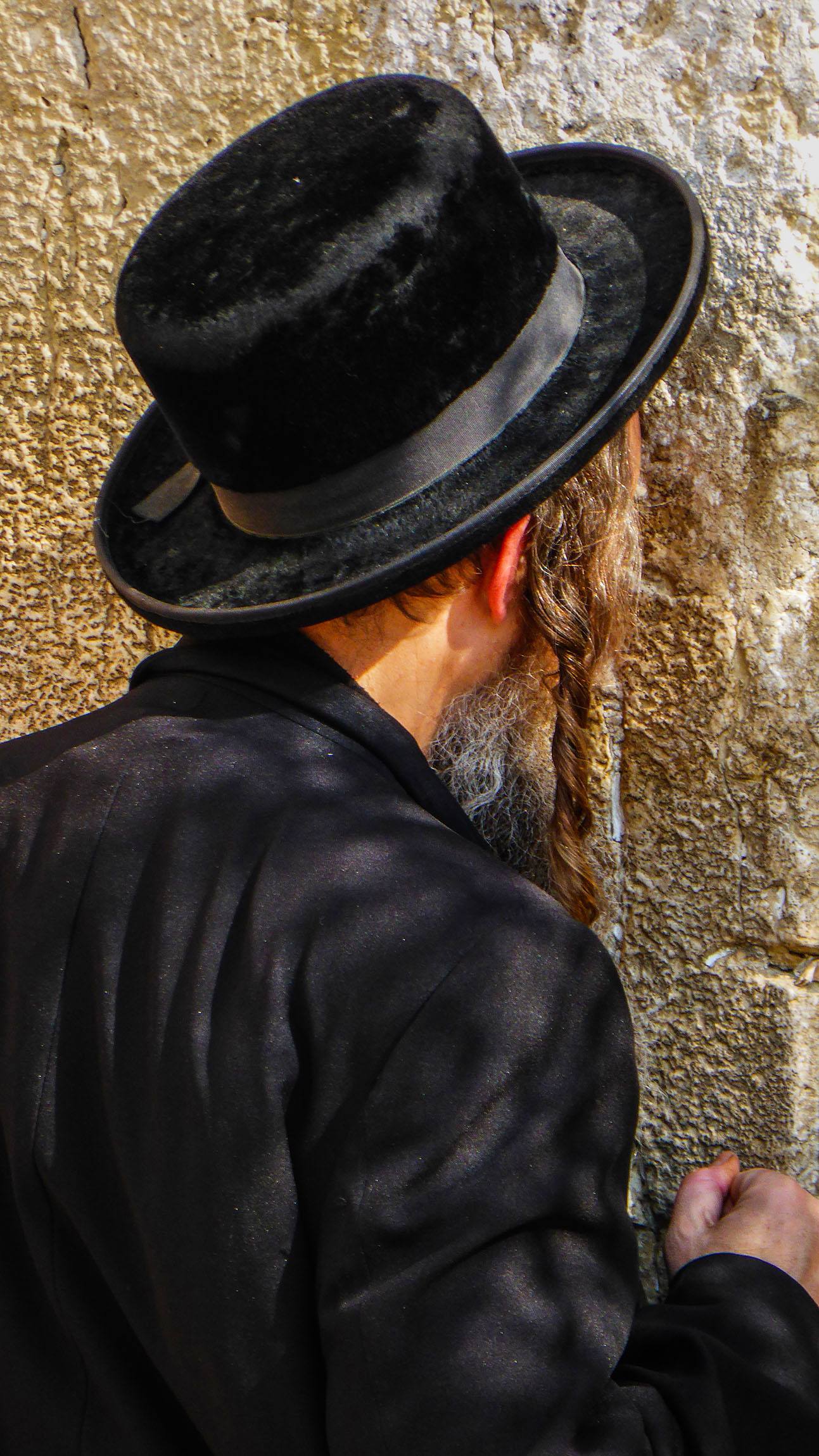
Denied a visit to several institutions, I learned - vicariously - through Jerusalem natives about the most common symptoms: extreme agitation, religiously themed neurotic thoughts and delusions. Some take to the streets, preaching public sermons, while others dress in white robes (aka bed sheets) and pontificate verses from the Bible or Torah. Recovery is slow, but likely.
I wonder if India has its own, unpublicised version, with the Caucasian Sadhu?
Tel Aviv is a World Apart
It’s only a short trip between Tel Aviv and Jerusalem, yet Tel Aviv is a world apart: secularly-minded, it’s where parties rage night long and attitudes resemble hipster.
Construed as hedonistic by the orthodoxy who call the shots, it’s the place where people live the high life during Shabbat, sashaying along promenades and drinking in bars while the pious in Jerusalem laze about, uh hum, sit in prayerful meditation (and unemployed contemplation).
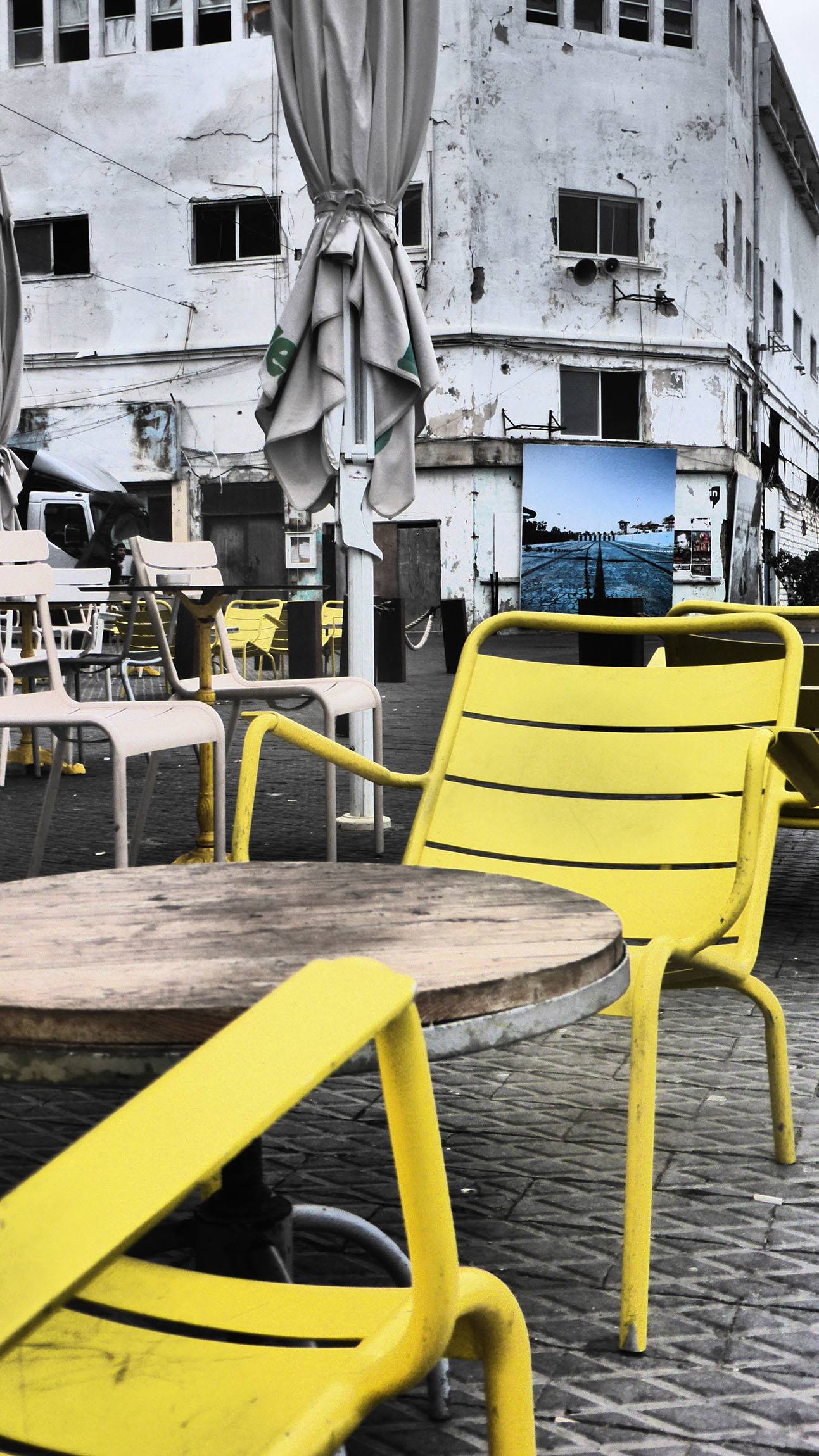
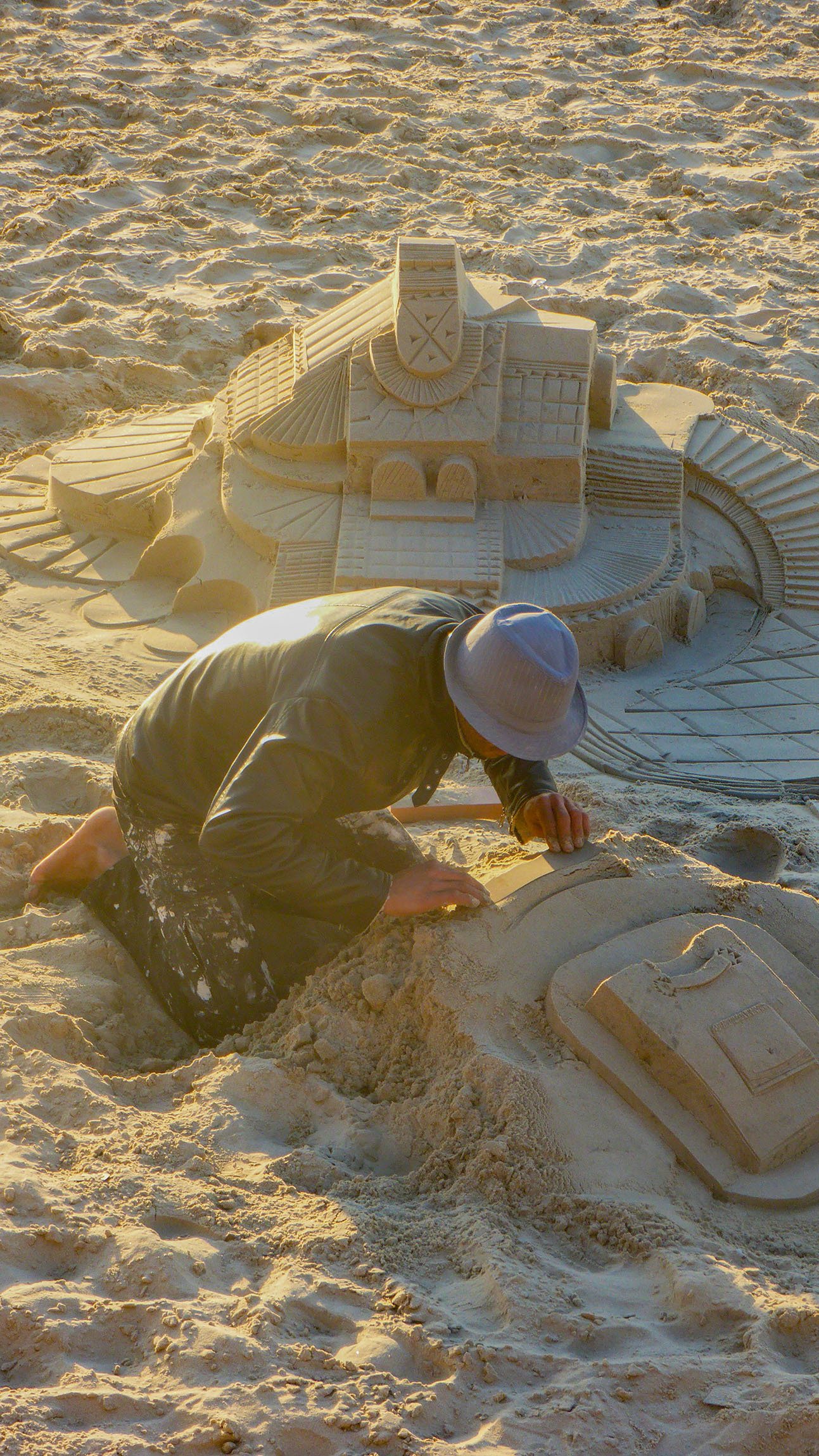
I’m not sure whether it was the eternal gaze of the Mediterranean or the bohemian 'too-cool-for-school' Florentin that set the sybaritic tone, but it didn't matter: Tel Aviv - to me - resembled liberality and unconcerned indifference, a city I instantly adored.
There are Dead, Red or Med Beaches
If it’s sea you’re after, then look no further: Israel is hemmed by various bodies of water. Head to Eliat for great snorkelling opportunities in the Red Sea. Float away (ideally not all the way to Jordan) on the salty waters of the Dead Sea, the massive body of water effortlessly supporting yours as you lie idle.
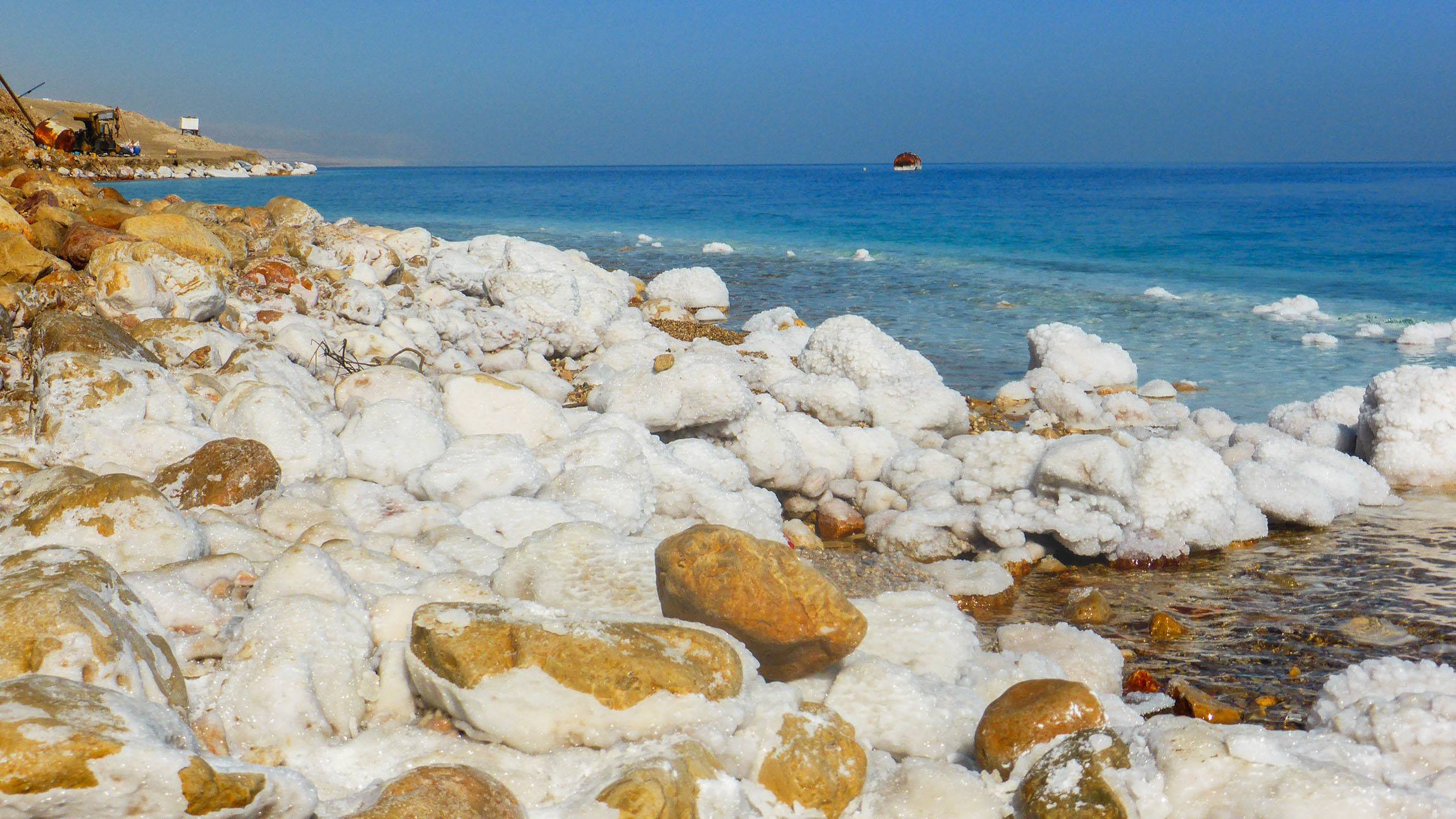
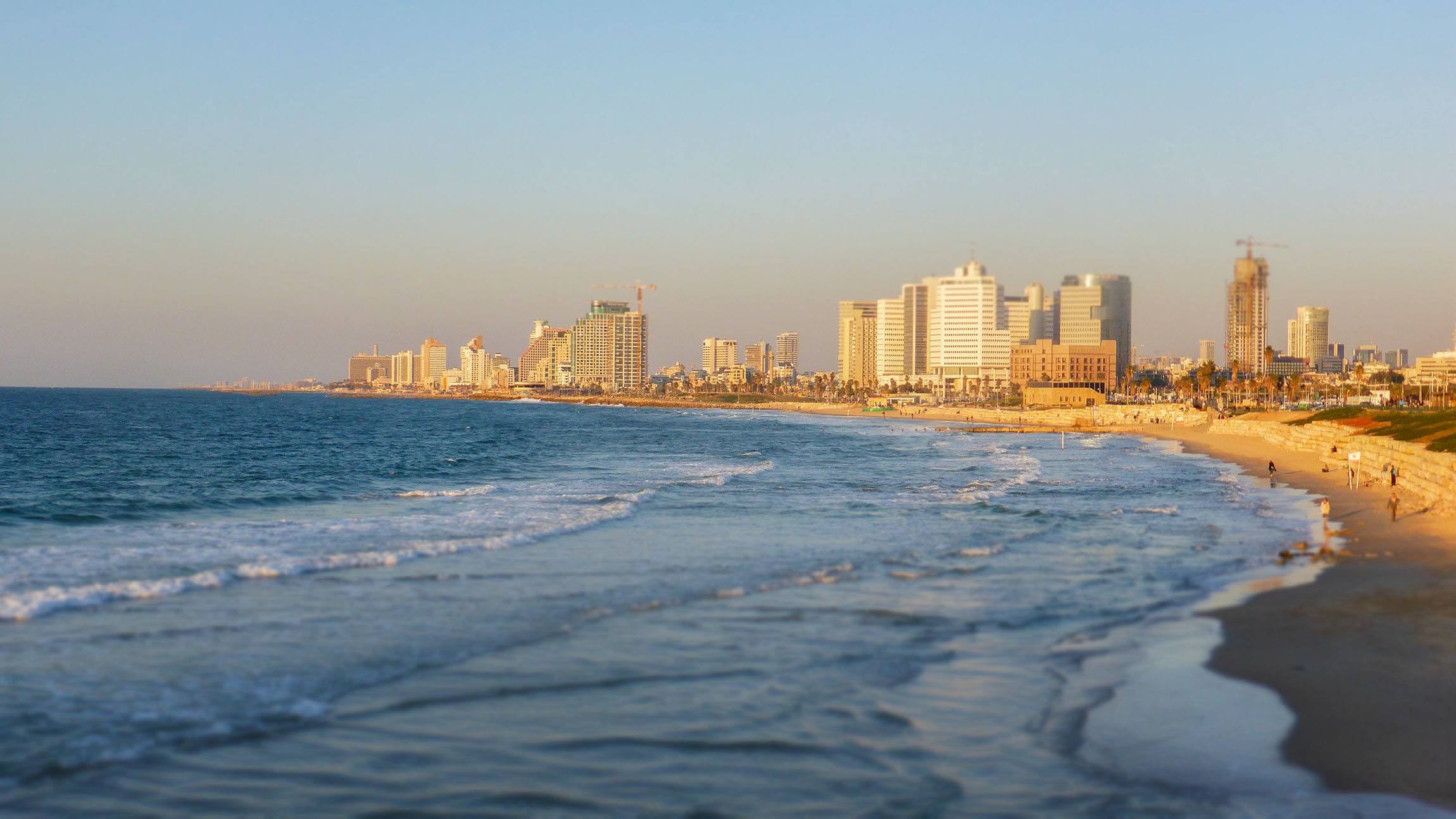
Alternatively, there’s an entire coastline featuring beautiful Mediterranean waters, from Tel Aviv all the way to Akko.
Israel is Food at Its Finest
There’s no going past the fact that Israel knows how to do food and does it well.
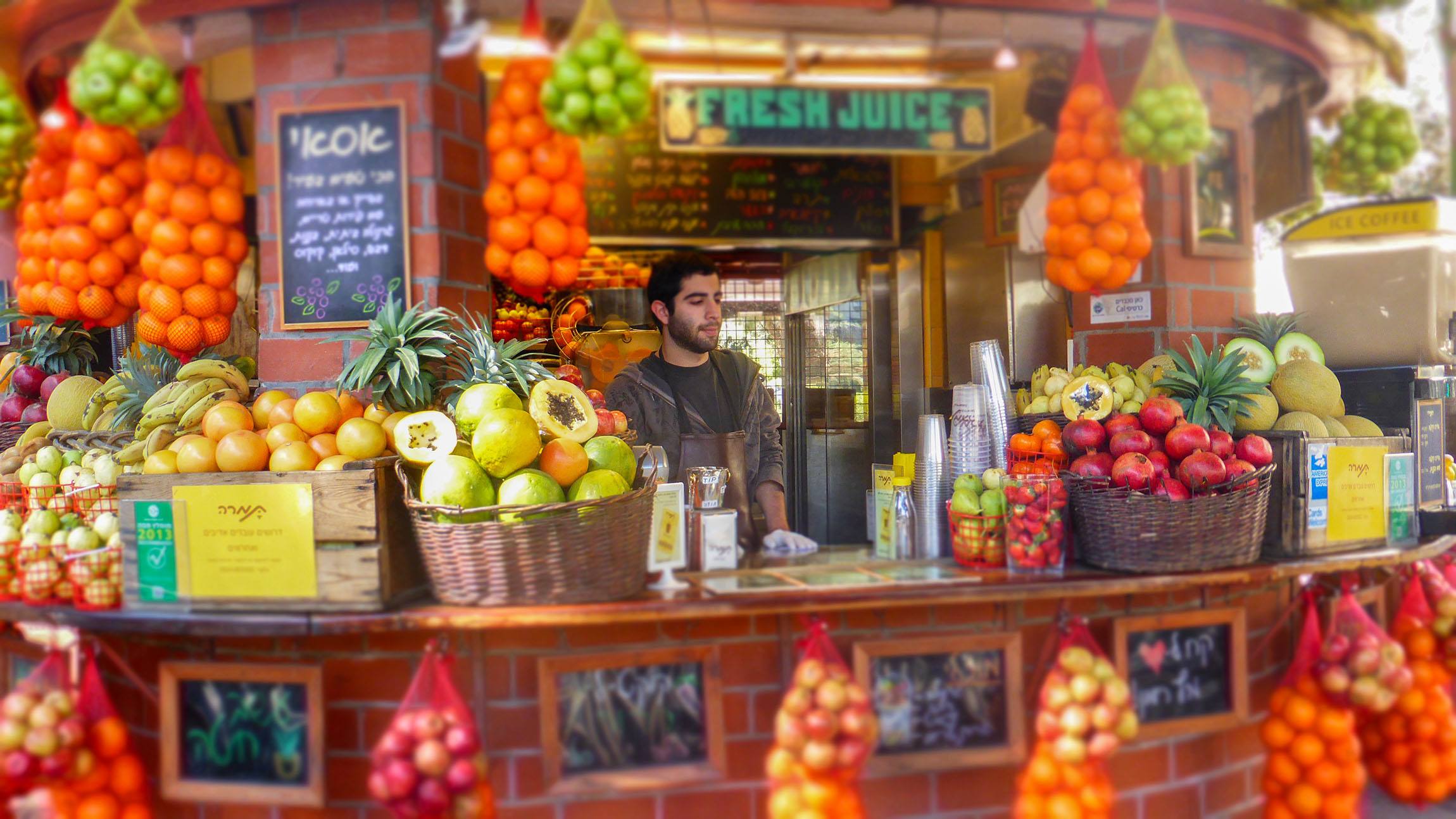
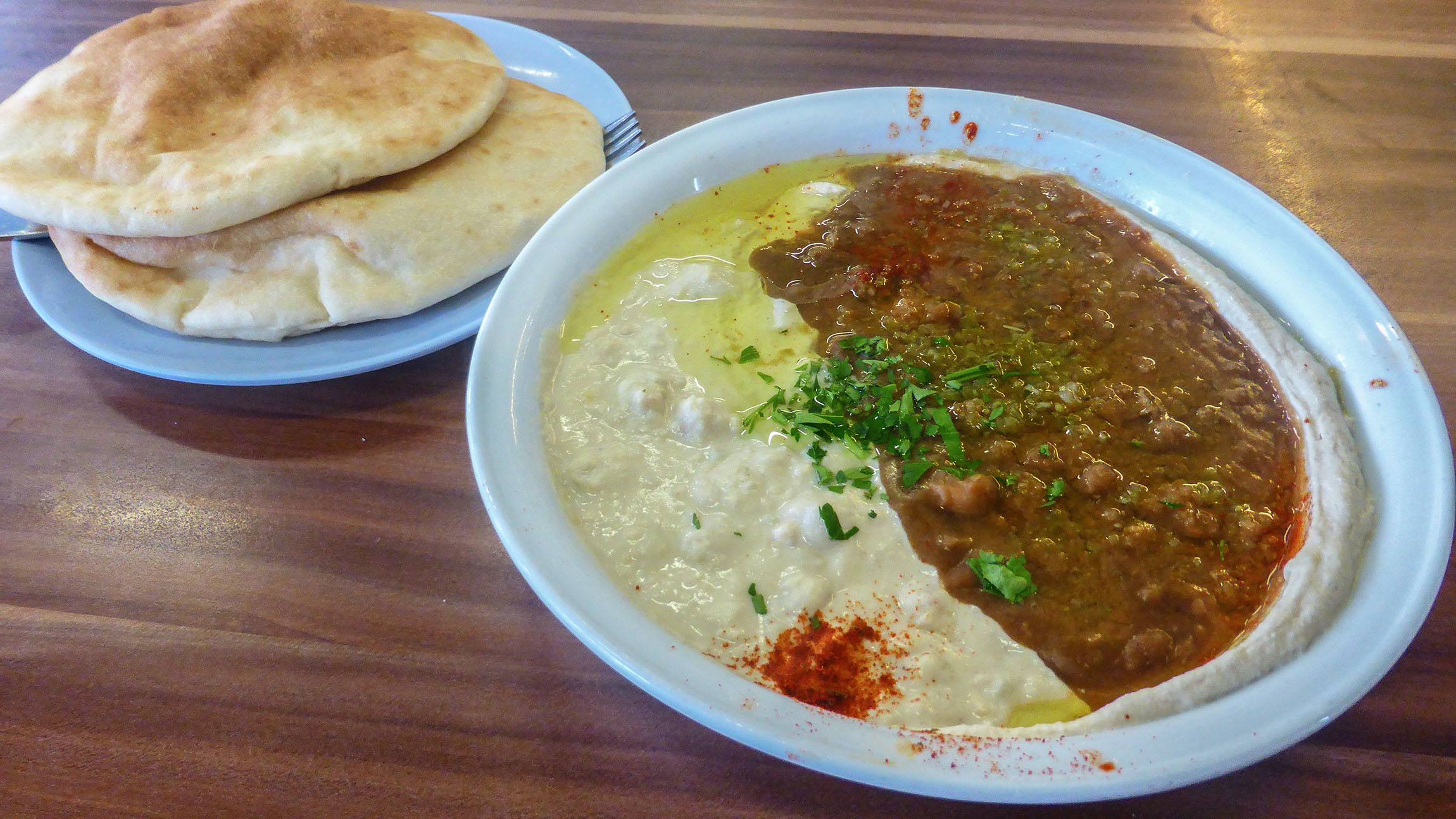
Whether it’s the adopted-Egyptian king of the table – the falafel – or humble hummus and pita, ingredients are fresh, and flavours erupt with each mouthful.
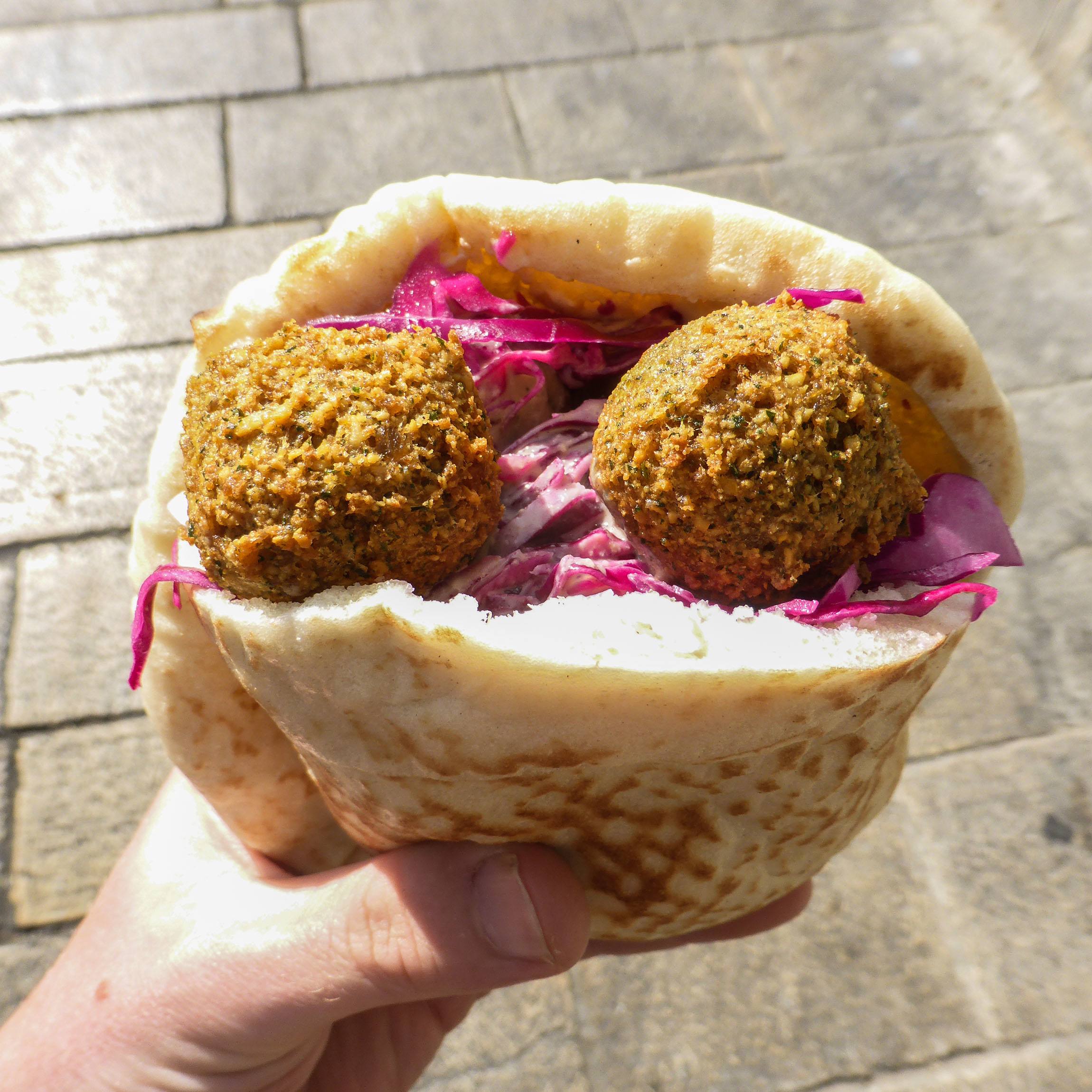
Dishes not to miss include every budget traveller’s best friend, the falafel wrap, the chicken, turkey or lamb filled deliciousness of shwarma, and shakshooka, the Israeli tomato, onion, garlic, paprika and egg concoction with Arabic roots.
Other Things to Know Before Visiting Israel?
If there's anything that you feel has been omitted from this list, please don't hesitate to let me know.
